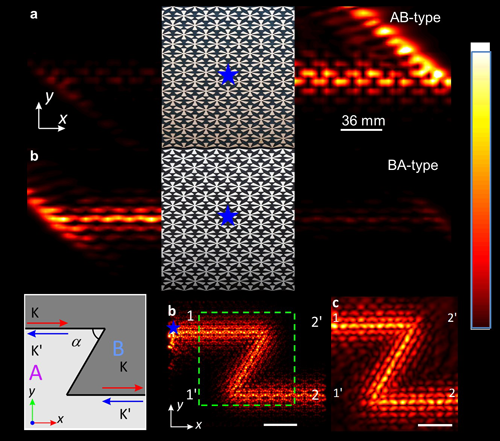1. Research on intelligent soft matter
Research on physical mechanisms of intelligent soft matter includes: preparation of soft matter intelligent materials with special functions based on modern physical design and extensive exploration of intrinsic physical properties, establishment of mathematical physical models, digital mapping and kinetic laws under the action of external fields, research on thin film acoustic metamaterials, especially focused low frequency acoustic wave metamaterials, development of acoustic absorption metamaterials with sizes below one-tenth of the wavelength (<10cm). It also includes the crystallization, melting and glass state transition of colloidal systems in two dimensions, three dimensions and between two and three dimensions; structural self-assembly of anisotropic colloidal particles; phase behavior of colloidal systems with different interaction potentials and various phase transitions at the initial stage of the single atomic scale of the shape nucleation kinetics process.
2. Microfluidic and nanofluidic chips, electronic control systems and applications in major diseases such as cancer
This project is targeted at biomedical laboratories, clinical laboratories, and potential users such as health quarantine and infectious disease control institutions. The research directions include: (1) microfluidic chip design, including structure design, photolithography casting, electrode preparation, casting molding, sealing and surface modification, etc. (2) Chip control and detection system design and optimization, including control circuit, micro pump/valve and peripheral instrument design and manufacturing. (3) Functionalized chip R&D, including new material R&D, R&D and integration of each unit technology, integration of functionalized chips, control and detection systems and analysis kits.
Direction Leader: Shuxia Wang, Liyu Liu
